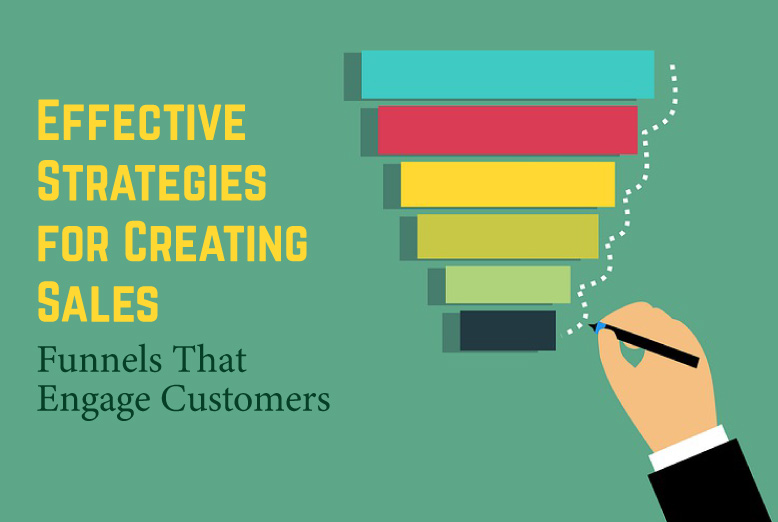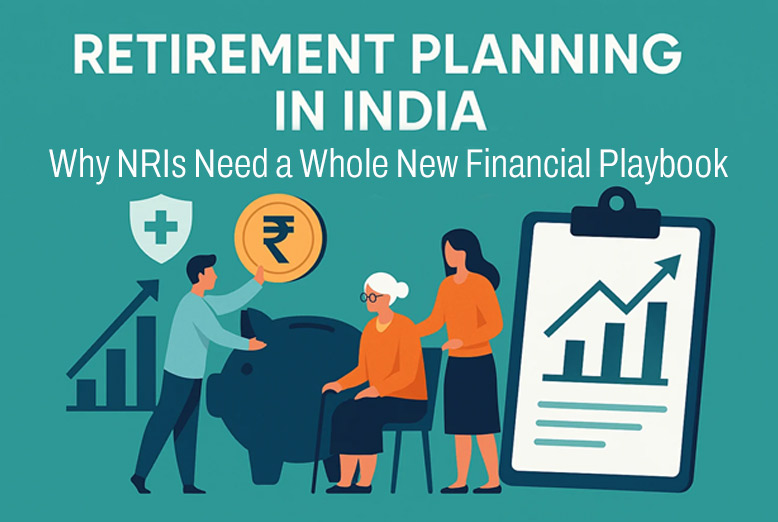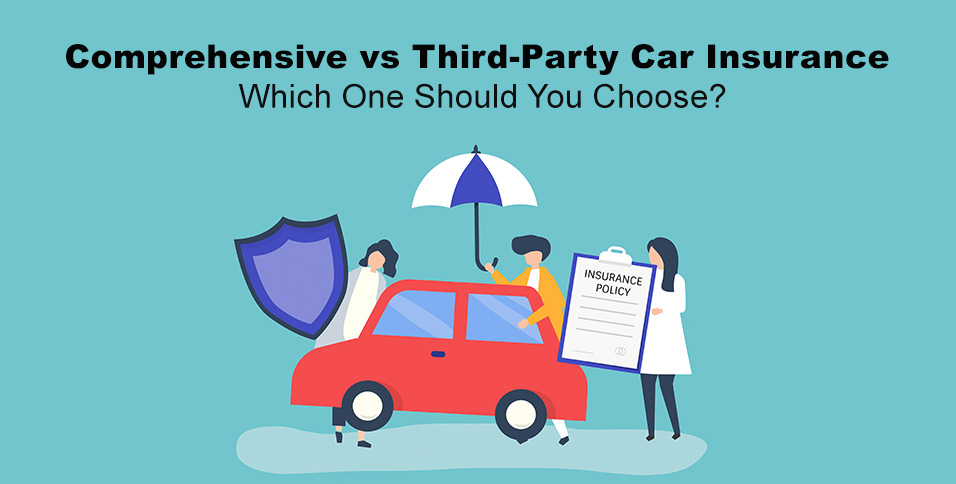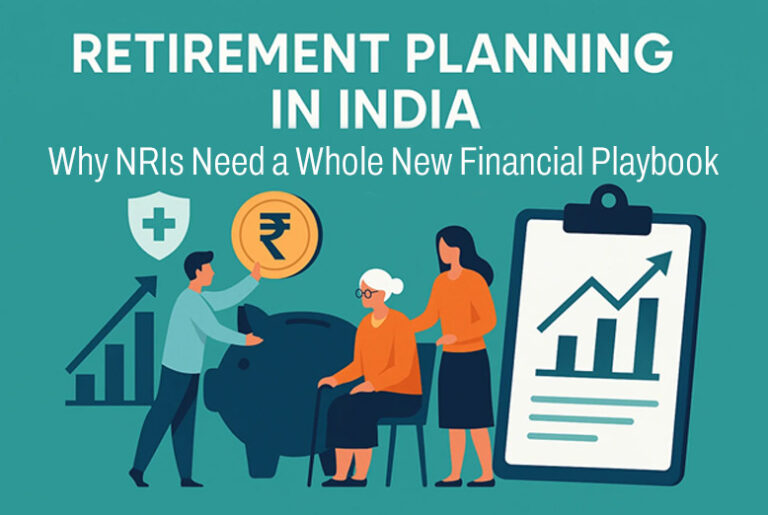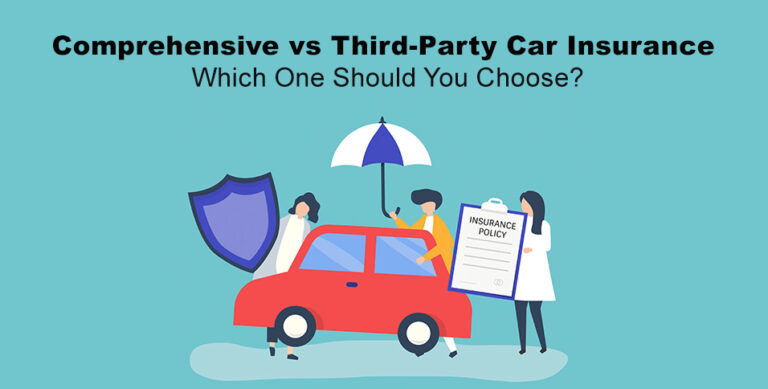Consumers nowadays have one thing in common: they all prefer a straightforward, simple, and fast method of doing business. None wants a hassle or complexity.
When a brand plans a marketing strategy, the priority is that it meets this priority by offering a smooth customer experience from the start through to purchase.
A priority is to take the initiative to find out what the funnel challenge is, bringing your business ideas to the real-world business landscape against top-notch entrepreneurs to see where your strengths lie.
When you invest time and effort in learning to improve, the payoff translates to your customer and, eventually, your growth and success.
How do you make it as simple as that? A sales funnel essentially boils down to nurturing with the aim of developing a long-lasting relationship after establishing your credibility and earning their trust in your brand.
Most consumers will follow their journey through a sales funnel, but all will want the process to be refined and concise.
Why Do You Want a Simplified Sales Funnel
After finding your niche with an adequate sales funnel and developing a solid skill set to navigate the process, you’ll want to learn how to refine the steps to make the customer’s experience straightforward and simplified.
While customers will follow a sales funnel with their customer experience, their goal is that the journey be refined. As the business leader, you won’t want the consumer to have to make a concerted effort to find your details or face obstacles in contacting an associate.
Typically, that will lead to the customer walking away often to the business next door with a simplified system. Each stage of the funnel should lead to a fast and easy purchase. Click here for the fundamentals of a sales funnel.
Buying is easy
During the first stage in the process, when the customer is introduced to your brand, contact details for consumer support should be readily available, with multiple channels to reach a live support person.
One thing business leaders underestimate is the ease at which their associates are available. The customer is looking for instant gratification in today’s market.
If an individual runs across an ad for a salon that entices them to make an immediate appointment, they don’t want to wait for a response from a social network post or a return email. Placing roadblocks between the client and the sale can lead to a breakdown in the funnel.
In this example, a fast fix for the salon is to set up an automated scheduling system to make obtaining a booking as easy as possible for the customer and allow a simplified setup for the stylist.
Once the appointment is set up, follow-through can be made via a personal phone call from the stylist to introduce themselves, learn about the client, and confirm the appointment; quick, easy, with no hassles.
Lead the way
Nurturing prospects means guiding them by the hand from the first interaction through the journey by being as transparent and informative as possible. This keeps their decision-making process straightforward.
For a simple sales funnel, the starting point and the end stage should be the priority, with each step in between organized and logical. With each step, a CTA- Call to Action should be included as an instruction on where to go from that point, let them know what you want them to do along the way.
You don’t want the client to walk blindly along their journey but instead have a platform built for them to follow.
Fast response
When inquiries come, the turnaround time should be almost instant for those customers to receive a response. The more time it takes to respond to a request, the more likely the client will move on to the competition.
Your response time will also establish a specific brand image. A fast turnaround shows your professionalism and credibility. This leads to the client developing trust, a crucial element for closing a sale.
If you intend to show your audience that you place their best interest as a priority, it will involve following your social network closely, checking emails roughly twice each day, and making consistent, on-time responses.
This effort will speak volumes to a target group, making them feel valued and appreciated. It will show that their input has a bearing on your brand and how you move forward with your merchandise production.
Pay attention, actively listen

As a brand leader, you must actively listen to the consumers as they follow their journey. The client will express what they prefer and what isn’t working for them, whether in words or actions.
Armed with these details, you can make the necessary adjustments with each stage to make the experience an individual one for your target audience and more satisfying for that group. It can mean a refined and speedier process. When the steps are more straightforward, the potential for purchases is quicker.
Active listening and paying attention are essential when working with customers and in sales. You’ll learn a great deal about your audience, the leads in particular, when you listen to their input. That helps you tailor the sales funnel to your audience’s needs and expand that reach.
Final Thought
Customers today want to work with businesses that make their processes simple and straightforward. They want to avoid a hassle, complexity, or a long-drawn-out situation. To get suggestions, follow a sales funnel challenge to see where you stand with your ideas and how these compare in the current business landscape.
You’ll see where you need to make improvements, how to refine each stage, and make them concise and user-friendly so the customer wants to continue to the next step.
Whether your sales funnels are working will be determined by your profit margins.
If you’re uncertain where problems might lie, ask for input either through surveys or customer interviews. You can improve the sales funnel, catering to the current target audience and prospective leads as you become familiar with what works and what isn’t effective.
ALSO READ: Commercial Space Design: Strategies to Attract Customers and Maximize Sales

